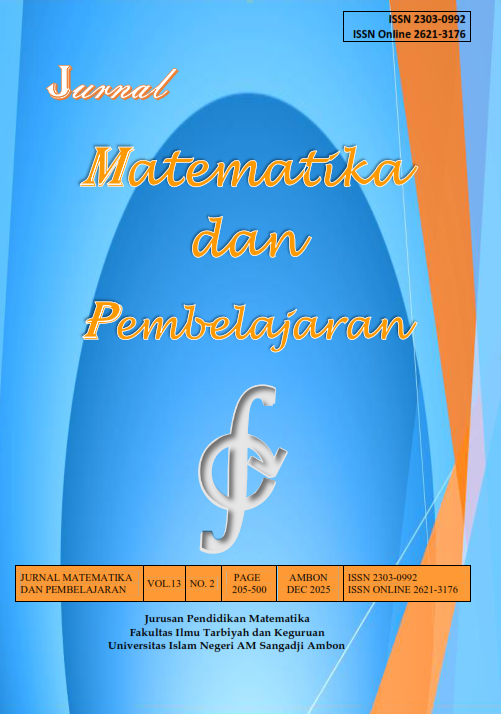Journal Submission Announcement
We are pleased to announce the following submission schedules for our upcoming journal issues:
-
December 2025 Issue: FULL – Submission is closed.
-
June 2026 Issue: LIMITED – Limited submission opportunities available.
-
December 2026 Issue: OPEN – Submissions are now open!
Please prepare your manuscripts accordingly and follow the submission guidelines on our website.
Thank you for your continued support.
Read more about Journal Submission Announcement












